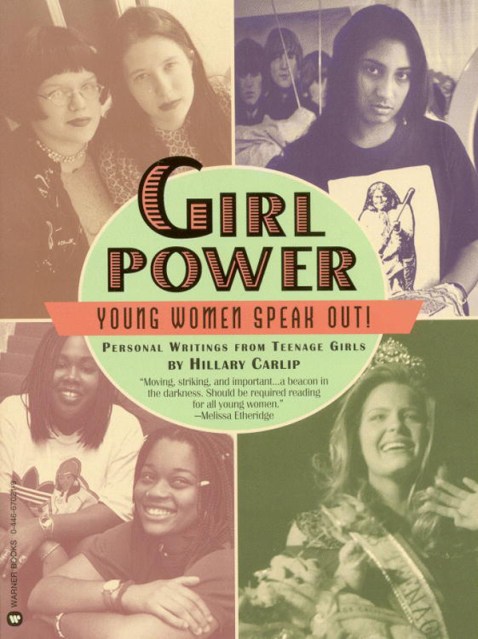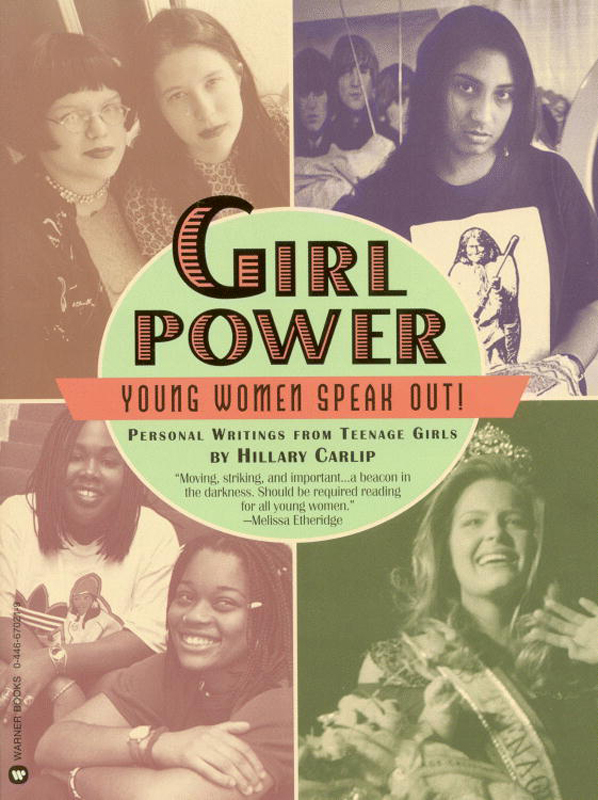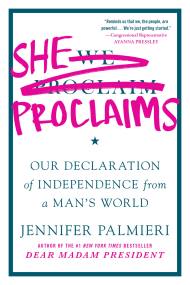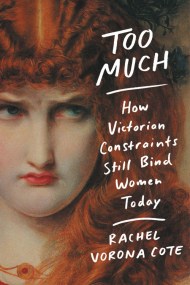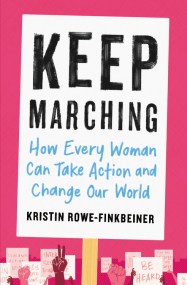Promotion
Use code MOM24 for 20% off site wide + free shipping over $45
Girl Power
Contributors
Formats and Prices
Price
$9.99Price
$12.99 CADFormat
Format:
ebook (Digital original) $9.99 $12.99 CADThis item is a preorder. Your payment method will be charged immediately, and the product is expected to ship on or around October 31, 2009. This date is subject to change due to shipping delays beyond our control.
Also available from:
In this searing feminist compilation, Carlip illuminates the worries, hopes, dreams and experiences of girls ages 13 to 19, through their stories, poems, letters, and notes.
In this pages of this book, Hillary Carlip — an American author and visual artist, whose work has been featured alongside Andy Warhol and Damien Hirst — spotlights the inner workings of the teenage mind, as expressed through personal writings.
The girls’ voices come from a variety of backgrounds and perspectives — cowgals, lesbians, teen mothers, sorority sisters and girls in gangs — and reveal the depth, vulnerability, wisdom, and power of the writers.
Genre:
- On Sale
- Oct 31, 2009
- Page Count
- 368 pages
- Publisher
- Grand Central Publishing
- ISBN-13
- 9780446567534
Newsletter Signup
By clicking ‘Sign Up,’ I acknowledge that I have read and agree to Hachette Book Group’s Privacy Policy and Terms of Use
